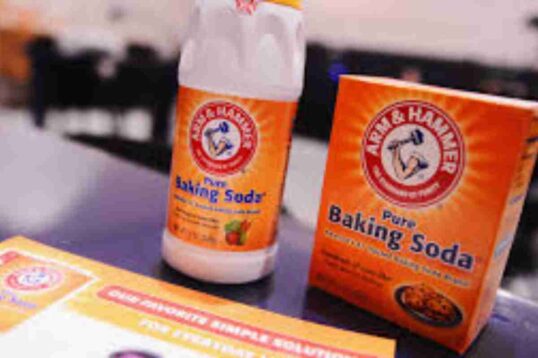Prednisone and Tylenol Overview – are the two different prescribed medications to manage various health conditions. Tylenol is commonly used to control fevers and manage pain. On the contrary, prednisone is a prescription medication that reduces inflammation, swelling, and irritation and is widely used to manage conditions like COPD and asthma.
While these two medicines don’t interact with each other, it’s better to talk to your doctor before taking them. You should also know about other possible drug interactions. Please continue reading to learn about these medicines, such as when to take Tylenol with prednisone and what safety measures you should follow.
Uses of Tylenol and Prednisone

According to some sources, Tylenol is one of the most famous medications used in the United States. 1 in 5 adults in the U.S. take a medication comprising the active ingredient acetaminophen in any specified week.
Meanwhile, prednisone is only obtainable by prescription. It comes under the class of medications known as corticosteroids, a drug that can decrease inflammation in the body.
Uses of Tylenol
Acetaminophen works by hindering chemicals in your brain that carry pain signals. Tylenol and other kinds of acetaminophen are usually used to reduce fevers and pain triggered by conditions such as:
- Muscle aches
- Sore throat
- Headache
- Toothache
- Menstrual cramps
- Arthritis
Uses of Prednisone
Prednisone is only obtainable by prescription. It treats various conditions by reducing inflammation and suppressing immune system activity. Some of the common conditions doctors recommend prednisone for include:
- Some skin diseases
- Allergies
- Autoimmune disorders such as rheumatoid arthritis
- Blood disorders
- Infections
- Preventing organ rejection after a transplant
- Some cancers
prednisone and Tylenol Is it safe to combine?
Tylenol and prednisone are safe to consume together as they are not known to interact with each other. But take it as directed by your doctor or according to the instructions on the packaging.
It’s better only to take one new medication at a time to understand how one drug affects you before taking another. It’s also a good idea to consult your healthcare professional anytime you combine medications. These two medications may interact with some other medications even though they do not interact when taken together.
Side effects of Tylenol
Below are some of the side effects of Tylenol.
- Itchiness
- Blisters
- Hives
- Trouble breathing and swallowing
- Swelling of your face, throat, tongue, or lips
Overdose of Tylenol can cause liver damage and is responsible for an estimated 500 deaths in the U.S., as per some reliable sources. However, liver damage remains rare if you follow the suggested dose.
Signs of liver damage can include:
- Nausea
- Brown urine
- Pale stools
- Pale skin
- Fatigue
- Jaundice (yellow eye whites and skin)
- Loss of appetite
- Pain in your upper right abdomen
- Sweating
- Unusual bruising or bleeding
- Vomiting
Side effects of prednisone
Overdose of prednisone causes the following side effects.
- restlessness
- weight gain
- sweating more than usual
- digestive problems
- insomnia
- Rare common side effects include:
- high blood pressure
- cataracts
- high blood sugar
- increased appetite
- osteoporosis
- increased risk of infection
- weak skin
- poor wound healing
- suppression of adrenal hormones
- swelling
You may develop severe allergic reactions in some rare cases. If you experience this, consult your doctor immediately.
Conclusion
Tylenol and prednisone are not known to interact with each other and are usually safe. However, both medicines can interact with different kinds of drugs.
Do not take more than the recommended dose prescribed for either medication. Talk to your doctor before consuming Tylenol or prednisone with new medicines or supplements.


